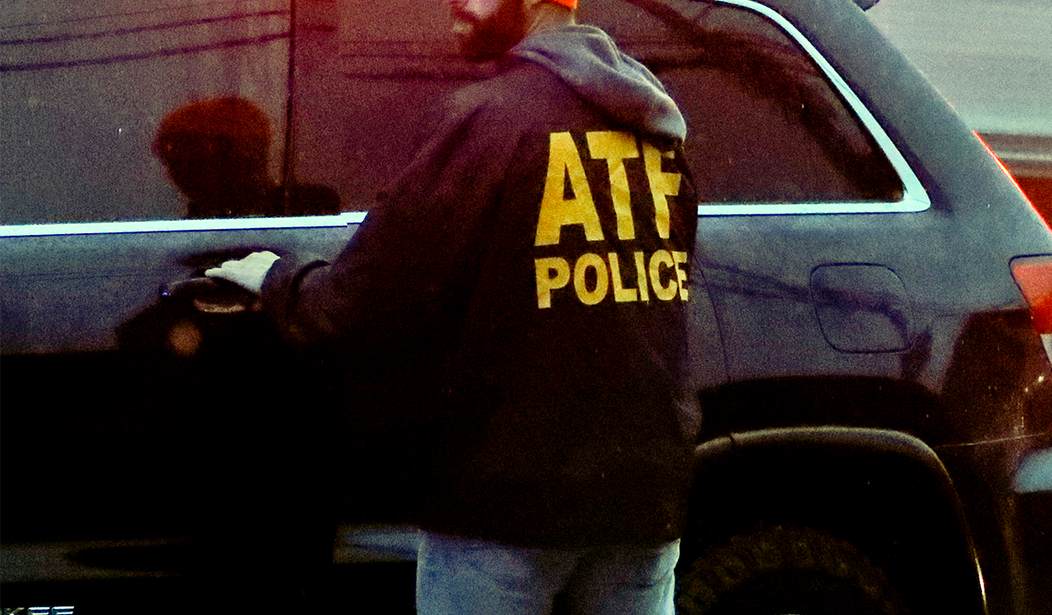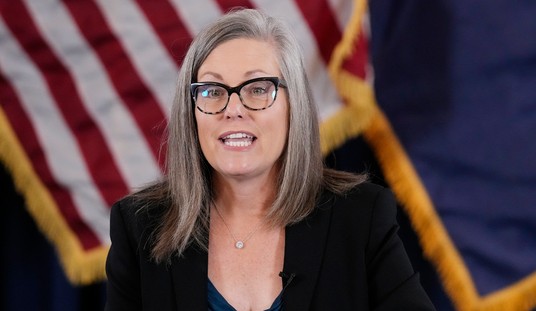The Supreme Court's decision to scrap the Chevron Doctrine doesn't automatically mean that the ATF's rules on unfinished frames and receivers, pistol stabilizing braces, and who is "engaged in the business" of dealing firearms will be thrown out by the federal judiciary, but it definitely makes it more difficult for the DOJ to defend the rules going forward.
No longer can the agency reliy on judges giving the agency the benefit of the doubt when it come to interpreting supposedly ambiguous language. Unless the ATF is strictly adhering to the underlying statute when crafting its rules (which has not been the case in recent years) the odds are good that the rule will fall.
“By overruling Chevron, the Court properly restored our constitutional order by ensuring that the judicial branch, rather than the executive, interprets the law,” Randy Kozuch, executive director of the NRA Institute for Legislative Action, wrote in a statement. “The ruling benefits NRA’s ongoing efforts to hold Biden’s rogue ATF accountable for exceeding its authority and punishing peaceable gun owners.”
The Biden administration had trumpeted the “engaged in the business” rule as an expansion of background checks that promised to close the so-called “gun show loophole.” Many states allow people to sell guns privately or at gun shows without documentation or oversight. Federal firearms licensees, however, must conduct a background check on buyers before selling a gun.
But Republican opponents and Second Amendment groups decried the change, accusing the White House of using ATF rulemaking as a backdoor way to pass an extension of background checks that Congress wouldn’t have passed. Sen. John Cornyn (R-Texas), who supported the Bipartisan Safe Communities Act, described the rule as a “flagrant distortion of congressional intent” back in May.
Even before the Supreme Court handed down its decision in Loper Bright a federal judge in Texas had granted a partial injunction halting enforcement of the "engaged in the business" rule as it applies to the named plaintiffs in the lawsuit challenging its enaction. Another judge has granted a similar injunction against the pistol brace rule. We also saw the Supreme Court overturn the ATF's administrative ban on bump stocks before it torpedoed the Chevron Doctrine, which is a sign of just how far the ATF has overstepped its authority.
Now, will these defeats force the Biden administration to adopt a different strategy? I doubt it. In fact, if Biden himself decides to continue on with his presidential campaign, we're likely going to see one or more rules floated between now and Election Day.
Since Biden's faceplant in the first presidential debate of the 2024 cycle he's lost support among his base, with a new USA Today/Suffolk University poll showing 41% of Democrats think he should be replaced as the party's nominee. If Biden refuses to drop out, he's going to need to make a serious effort to win back some of those voters, and given how important gun control (and the gun control lobby's financial support) has been to his administration, announcing one or more new rules would be an easy way to rally anti-gunners to his side.
Loper Bright makes it more difficult to defend those rules, but it doesn't do anything to prevent them from being implemented in the first place. And given how close we are to the election, Biden doesn't really have to worry about actually enforcing any new rules, which would probably take effect after the election anyway. So yes, the demise of the Chevron Doctrine is unquestionably good news for gun owners hoping to rein in the administrative state, but in the short term its not likely to change or halt Biden's abuse of executive authority.









Join the conversation as a VIP Member